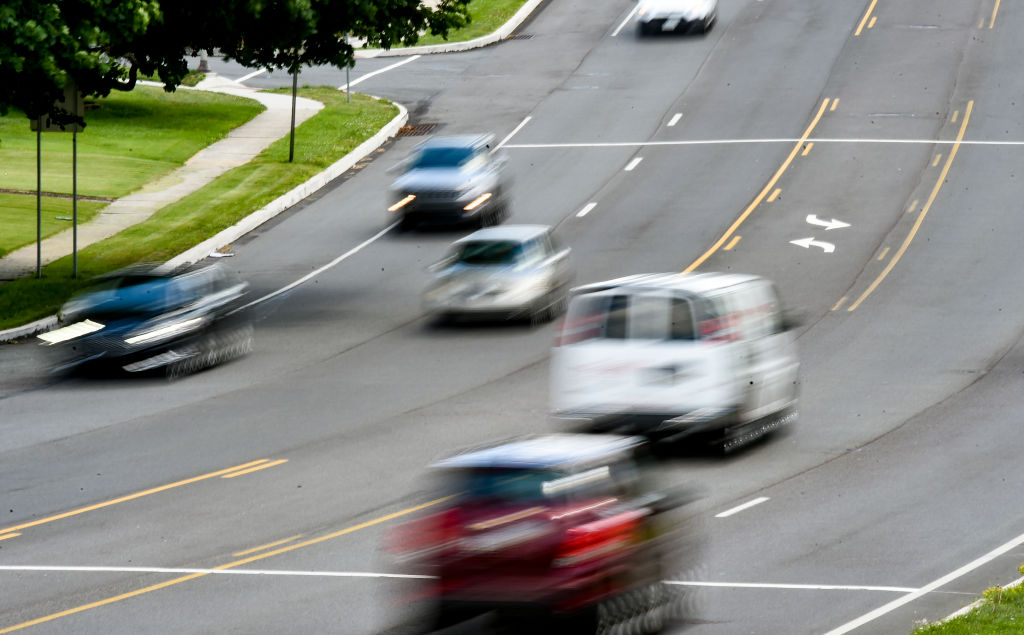Weed has surprising impact on driving skills, study says

With cannabis use on the rise, states are struggling to determine the legal limits of THC for drivers. However, a new study may offer insights into the effects of THC on driving.
A recent study published in Psychopharmacology found that after consuming Delta-9-tetrahydrocannabinol (THC), drivers slowed their speed and increased their following distance.
The study looked at the effects of THC on drivers’ hazard perception and risk-taking behaviors, like speeding propensity, following distance, and gap acceptance.
RELATED: Let’s be real: You shouldn’t be driving high (here’s why)
Researchers assessed 43 medical cannabis patients’ simulated driving performance before and after their consumption of their prescription THC oils.
Overall, the study findings suggest that cannabis patients compensate for having ingested THC oils, as evidenced by their reduced speed and increased following distance. However, there was no significant change in gap acceptance wait time, which is the amount of time a driver waits at an intersection before accepting a gap in the cars as large enough to enter traffic.
While the participants’ actual hazard perception skill performance, like in predicting traffic conflicts, did not significantly decline after consumption, most of the participants believed that their performance had declined, rating their perceived performance as lower. This suggests that consumers are unable to accurately self-assess their ability to predict traffic scenarios where it would be necessary to slow down or change course.
RELATED: Higher Collective opens first Connecticut cannabis dispensary drive through
However, the study had several limitations that the authors noted. Because all the participants were prescribed THC and were active users, the study notes that their sample may have had unusually high tolerances for THC. Also, because they looked at prescription THC, there was a wide variance in the amount of THC that each participant had, as they each just consumed their regular prescription dose.
Despite these limitations, the study presented important preliminary findings on the effects of THC oil on drivers’ performance, warranting further research. With so much discourse over consumers on the road, every scientific study is needed to better understand the impact that cannabis can have.